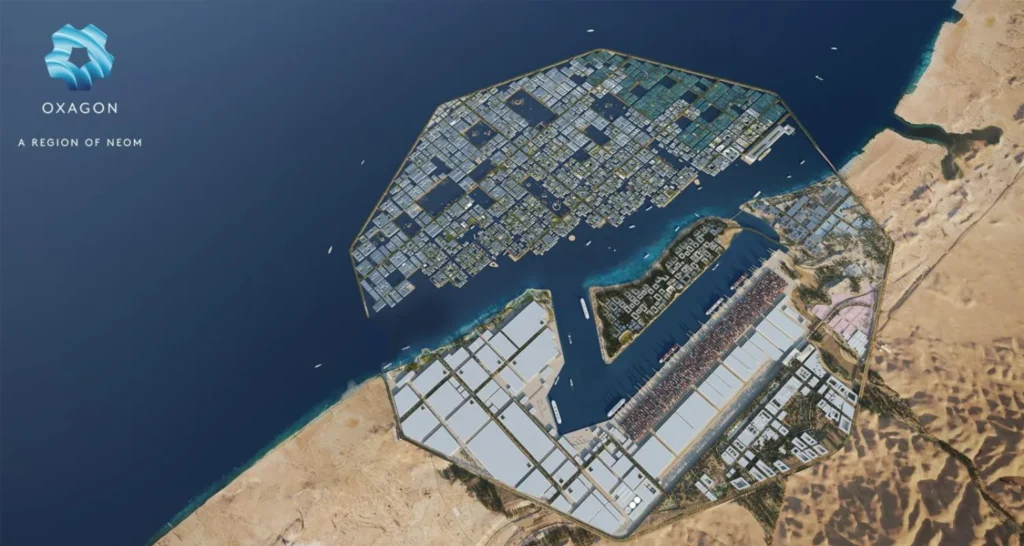Smart Cities Week is all about sharing ideas. Third-annual Smart Cities Week in Washington, D.C. attracted 1,500 experts from around the world — some from as far as Australia — sharing ideas with each other. We asked a distinguished panel of chief innovation, information, and data officers to share their top tips for ensuring smart city projects are successful. We share some of their advice below.
Prepare for obsolescence
We’ve all had this experience with smartphones: You get a powerful new phone, then a few weeks later there’s a new model with features you wish you had. That’s true with the technology you buy for your city, too. No matter how well you design the specifications, any piece of hardware starts to grow long in the tooth the moment you install it.
“It really requires us to think differently about hardware and infrastructure,” said Jeff Merritt, New York’s chief information officer. “We have to think about it in a way that’s much more flexible.”
New York replaced its old payphones with interactive, digital kiosks that present information and provide internet access. The guts of the kiosks are modular, so any part can be swapped out as technology improves, ensuring the kiosks don’t become like the payphones.
That required a new approach to contracting, finding a model that would provide the vendor with incentives to keep the technology modern.
Think about what’s possible
We know that being able to measure something is good. But it’s not about just installing a bunch of sensors. It’s about thinking about what you can do with them.
“As much as we like to have metering, we have to think about what are the ways that we can detect behavior that can be changed,” said Andrew Therriault, Boston’s chief data officer.
The city managed to save $40,000 in energy expenses in one building by optimizing how that energy was used. It wasn’t just a matter of telling people to use less and measuring whether or not they did. It was a matter of truly understanding how and why people consume energy. Sunrise and sunset times, weather and more all factored into the model.
“And it’s not just about cost savings,” Therriault said. “Any money we save on that can go to better serve our residents.”
Be clear on your goals
In order to stay on track and to get everybody on board, you really have to be clear on your goals from Day One, according to Archana Vemulapalli, chief technology officer for Washington, D.C.
“Being collaborative is the hardest thing to do,” she said. “Everybody wants to go on their own track.”
She says to start with questions. Am I collecting the right information? What do I want to do with it? Am I making a holistic investment? Is technology an enabler (rather than the goal)? Is the project resilient?
This approach will help you stay grounded and ensure you’re delivering meaningful results for your community.
Set priorities
“We talk about being smart,” said Jeff Stovall, Charlotte’s chief information officer. “Fine, but what does ‘smart’ mean?”
For starters, it means the city is working together to deliver meaningful results. That means knowing what you should do and what you don’t have the time and resources to do.
“Prioritization is the central element that most local governments are really bad at,” he said. “Even city departments don’t resemble one another.”
Tell a story
Before launching into high-tech work, Peter Auhl, chief information officer of the Australian city of Adelaide did something decidedly low-tech. He sat down and asked residents and businesses about their dealings with the city.
“From that, we created a storyboard,” he said. “It was really a way to create an emotional story.”
Auhl then took that emotional storyboard to city leaders and staff, working through and using it as a reference to adjust their goals and actions.
“It’s not so much that you should focus on technology,” he said. “It’s about how you use technology to affect the outcomes.”













